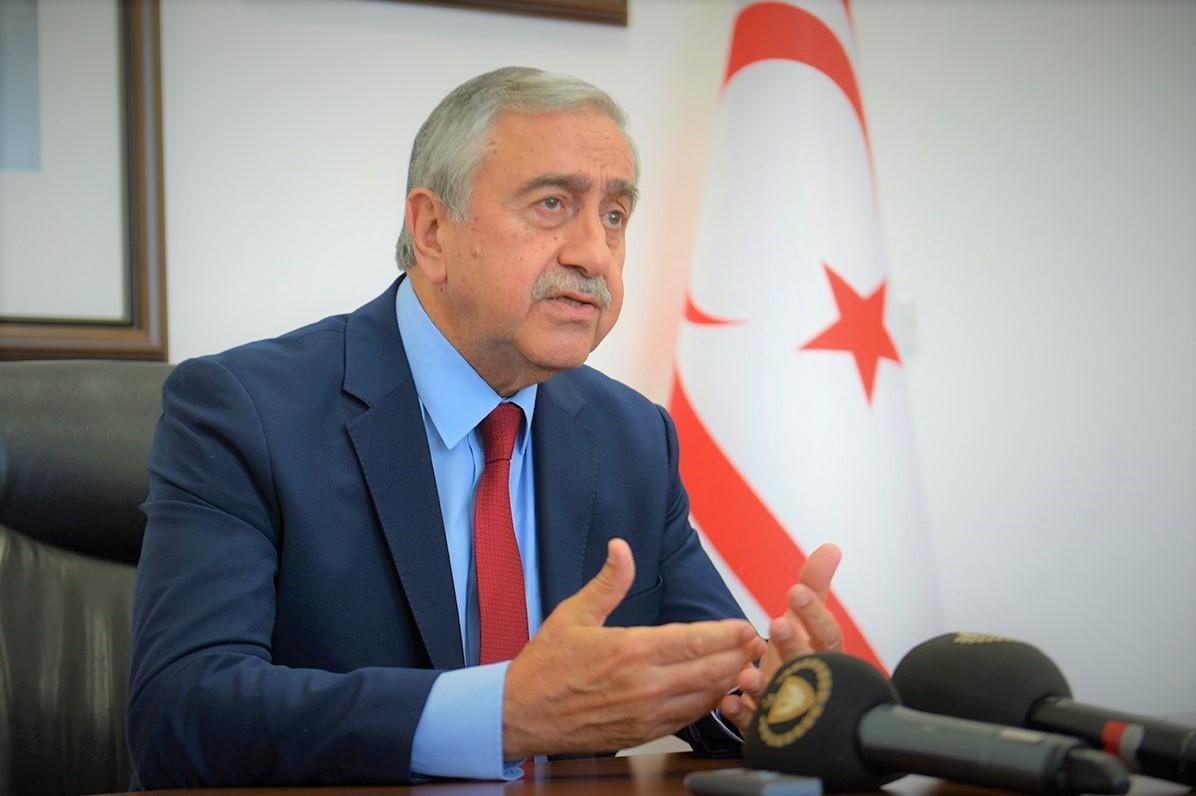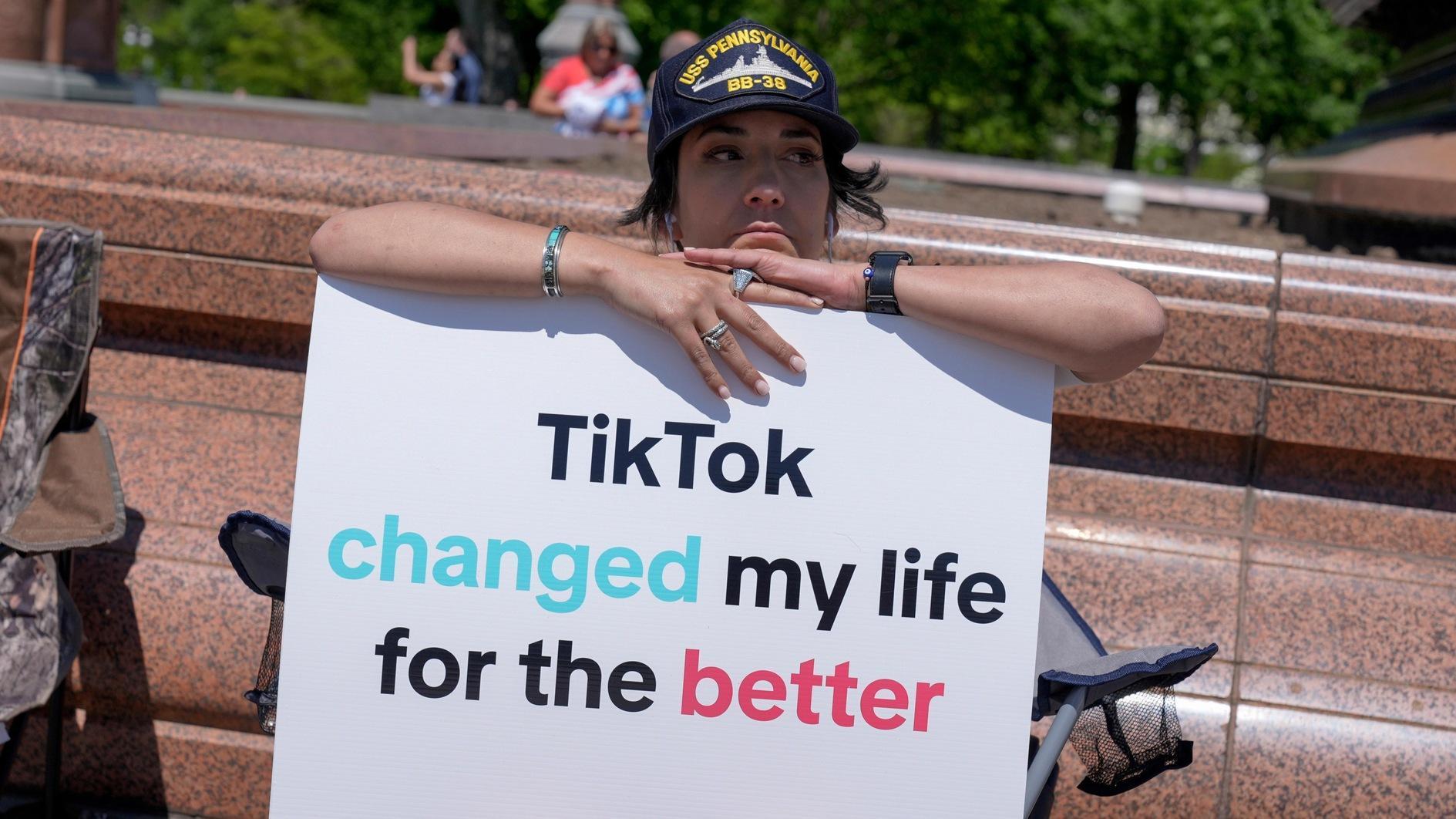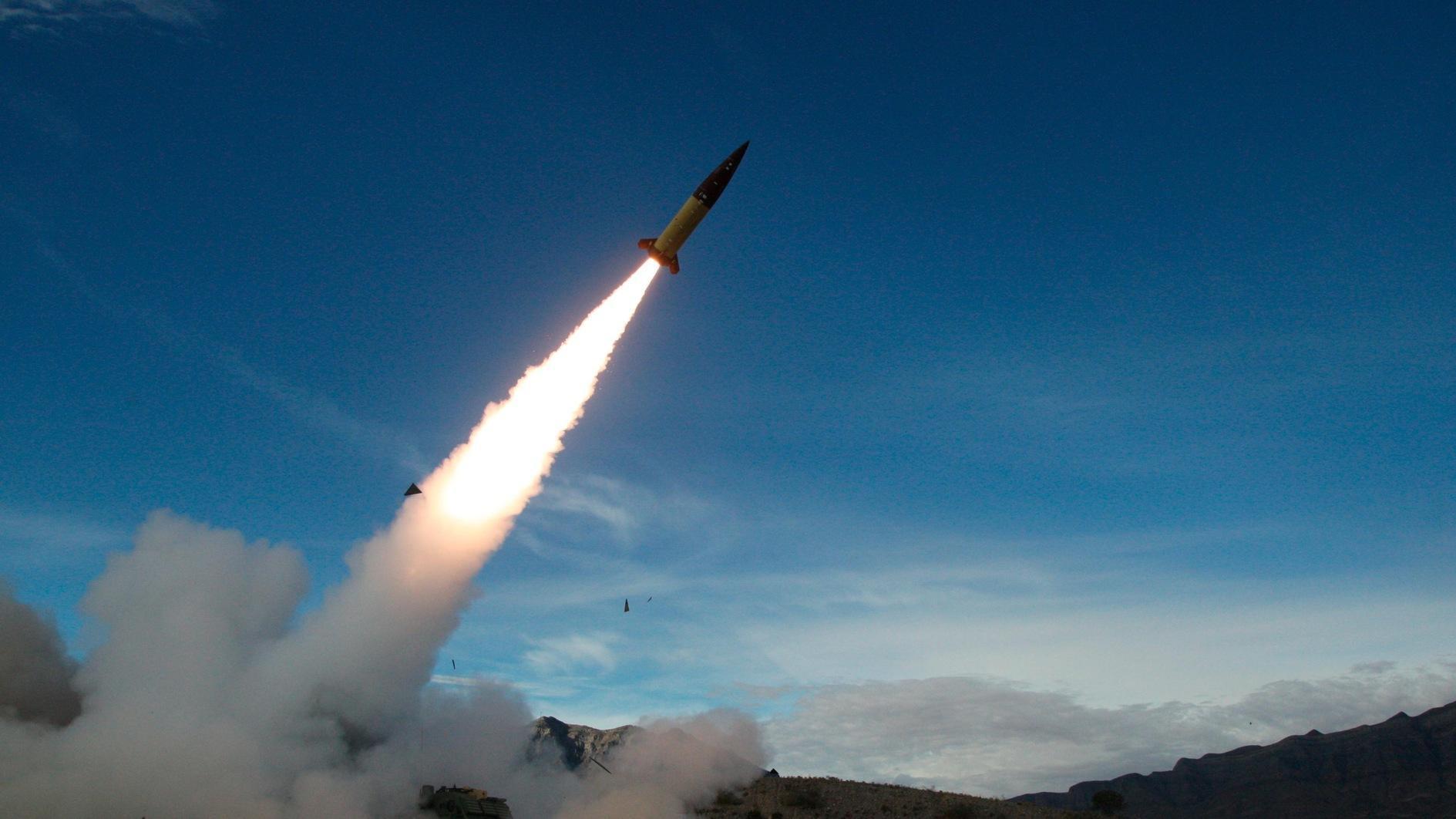Turkish Cypriot leader says EastMed project costly, not conducive to Cyprus settlement
ISTANBUL

The EastMed pipeline agreement, announced to be signed between Greece, Greek Cyprus and Israel in Athens, is an issue that contradicts geographical facts, unreasonable in economic terms, and was decided on purely political concerns, Turkish Cypriot leader Mustafa Akıncı has said in statement.
His remarks came before the signing ceremony of an accord between Greek Cypriot leader Nikos Anastasiades, Greek Prime Minister Kyriakos Mitsotakis and Israeli Prime Minister Benjamin Netanyahu for the construction of the Eastern Mediterranean natural gas pipeline on Jan. 2.
“The pipeline, which is planned to extend from Israel to South Cyprus, from Crete to Greece and ultimately to Italy, is a much longer and more costly route than other alternatives,” Akıncı said.
Akıncı stressed that EastMed pipeline project, which being kept on the agenda despite the opposing views of the experts, will not help solve the Cyprus problem, just as Greek Cyprus’ membership of the EU in 2004, before a comprehensive settlement on the island.
Akıncı underlined that the political atmosphere can be changed with complex steps, but it is “impossible to change geography.”
“Geographical facts indicate that exclusion of Turkey and Turkish Cypriots from the energy equation in eastern Mediterranean is impossible,” Akıncı said.
“As I have already stressed, we need to find a way to jointly exploit energy resources in the Eastern Mediterranean and to use them together in peace and stability,” he said.
“This is only possible by compromising on the reasonable [solution] and ultimately solve the Cyprus problem,” he added.
“Once again, it is understood that the solution of the Cyprus problem has become a necessity not only for Cyprus but also for the region,” Akıncı said.
The 2,000-kilometer (1,200-mile) pipeline will be able to transfer between nine and 12 billion cubic meters a year from offshore gas reserves between Israel and Greek Cyprus to Greece, and then on to Italy and other southeastern European countries.
Turkey argues that the Greek Cypriot government should not have started gas explorations before reaching a settlement in reunification talks with the Turkish Cypriots, and that the mineral wealth belonged to both communities.
It is estimated that the transfer cost of the natural gas would be three times cheaper if the pipeline passes through Turkey.
In 1974, following a coup aiming at Cyprus’ annexation by Greece, Ankara had to intervene as a guarantor power. In 1983, Turkish Cyprus was founded.
The decades since then have seen several attempts to resolve the dispute, all ending in failure. The latest one, held with the participation of the guarantor countries Turkey, Greece, and the U.K., ended in 2017 in Switzerland.
















